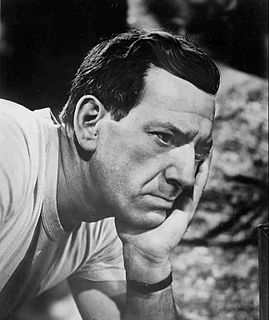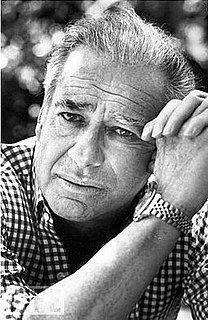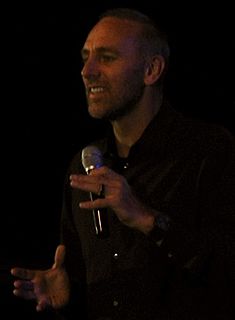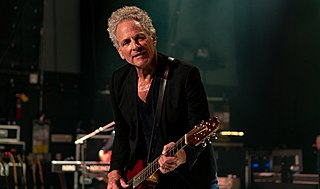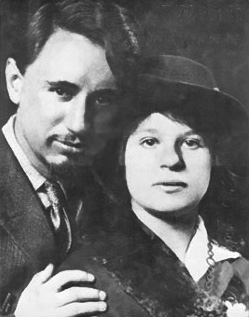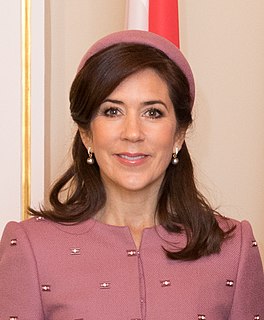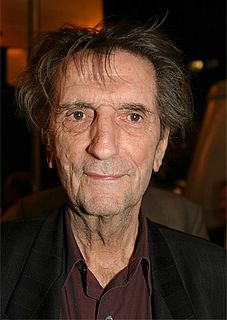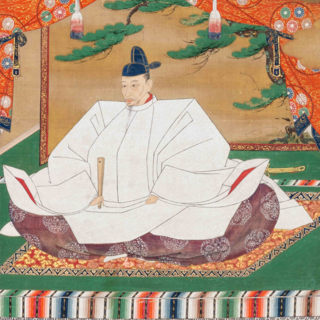Top 1200 Moral Lessons Quotes & Sayings - Page 10
Explore popular Moral Lessons quotes.
Last updated on December 12, 2024.
Rather take that moral sense and apply it to the particulars of a job that is going to test those ethical and moral precepts differently than if you're a professor, or a business person, or a dad. And if I were not comfortable with the judicious use of our military to protect the American people, than I shouldn't have run for president. And having said that, I do think that the wisdom of a [Martin Luther] King or a [Mahatma] Gandhi can inform my decisions.
If we empower ourselves with responsibility over our actions, responsibility over our destinies and responsibility for directing and maintaining and creating our own ethical and moral frameworks, which is the most important thing really isn’t it because perhaps the greatest insult to humanism is this idea that mankind needs a god in order to have a moral framework.
The American elite is almost beyond redemption. . . . Moral relativism has set in so deeply that the gilded classes have become incapable of discerning right from wrong. Everything can be explained away, especially by journalists. Life is one great moral mush--sophistry washed down with Chardonnay. The ordinary citizens, thank goodness, still adhere to absolutes.... It is they who have saved the republic from creeping degradation while their 'betters' were derelict.
But no one can blink at the fact that in this land, and in other lands across the world, there is an epidemic affecting the lives of millions of youth. It is a sickness that comes of a loss of values, of an abandonment of moral absolutes. The virus which has infected them comes of leaderless families, leaderless schools, leaderless communities. It comes of an attitude that says, "We will not teach moral values. We will leave the determination of such to the individual."
The doctrine that might makes right has covered the earth with misery. While it crushes the weak, it also destroys the strong. Every deceit, every cruelty, every wrong, reaches back sooner or later and crushes its author. Justice is moral health, bringing happiness, wrong is moral disease, bringing mortal death.
The moral absolutes rest upon God's character. The moral commands He has given to men are an expression of His character. Men as created in His image are to live by choice on the basis of what God is. The standards of morality are determined by what conforms to His character, while those things which do not conform are immoral.
. . . What role does historiography play in the way a society and culture "remembers" past events? Does the historian have a moral or civic responsibility to this project of memory that ought to influence the way he or she engages in historical practice? Should moral concerns influence the historian's choice of subject matter, of issues to discuss, of evidence to use?
One reason for the decline in moral values is that the world has invented a new, constantly changing and undependable standard of moral conduct referred to as "situational ethics." Now, individuals define good and evil as being adjustable according to each situation; this is in direct contrast to the proclaimed God-given absolute standard: "Thou shalt not!"-as in "Thou shalt not steal".
The novel as a form is usually seen to be moral if its readers consider freedom, individuality, democracy, privacy, social connection, tolerance and hope to be morally good, but it is not considered moral if the highest values of a society are adherence to rules and traditional mores, the maintenance of hierarchical relationships, and absolute ideas of right and wrong. Any society based on the latter will find novels inherently immoral and subversive.
There are some things fundamentally off about the stance of the book. And maybe that's okay; maybe every book is flawed, and great books, as flawed as they might be, articulate a moral argument that the reader then carries forward. The critique to this model is, of course, to ask: Should a book be ever so perfect that you come out of it with complete moral agreement that can be sustained?
There is seemingly no biological benefit to acting with conscience; if there were, only moral individuals would survive and procreate. Sadly, we know that's not true. The benefit of conscience is that you won't suffer guilt (private) or shame (public), and that by your own self-imposed definition, you are a moral human, a special kind of animal who takes unique pride in elevating him/herself above the termites.
In ancient times, any man rising up above the common people tried to shape his life according to his principles; it is no longer like than now; it is (because) for the ancients, moral was a principle of inner life, whereas in our days, most of the time one is content to adhere to an official moral, that we recognize in theory, but that one does not care to put into practice.
Hence the sterile, uninspiring futility of a great many theoretical discussions of ethics, and the resentment which many people feel towards such discussions: moral principles remain in their minds as floating abstractions, offering them a goal they cannot grasp and demanding that they reshape their souls in its image, thus leaving them with a burden of undefinable moral guilt.
Many people have written about the economic meaning of globalization; in One World Peter Singer explains its moral meaning. His position is carefully developed, his tone is moderate, but his conclusions are radical and profound. No political theorist or moral philosopher, no public official or political activist, can afford to ignore his arguments.








